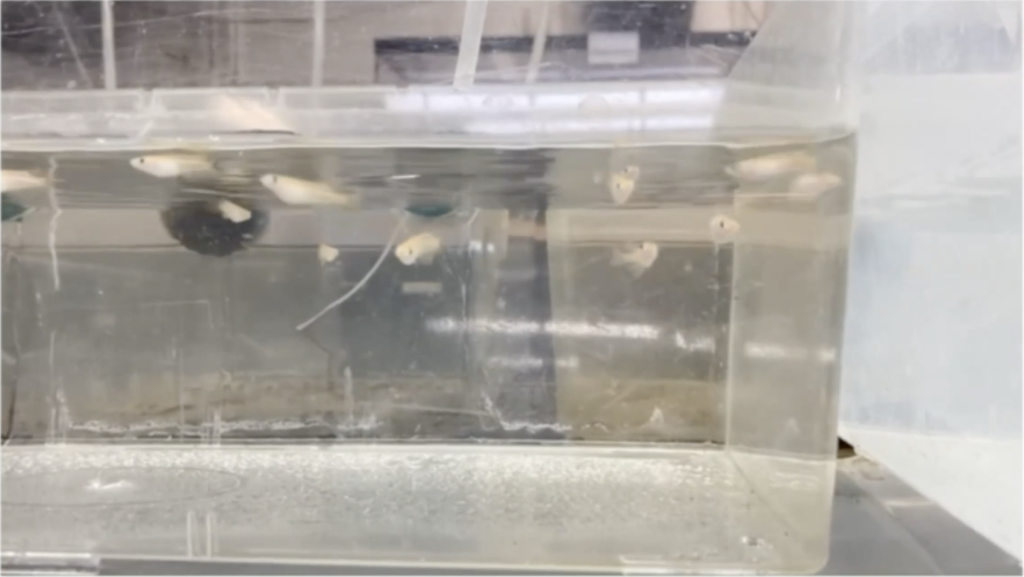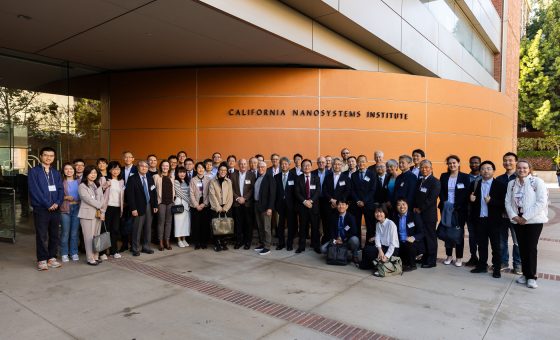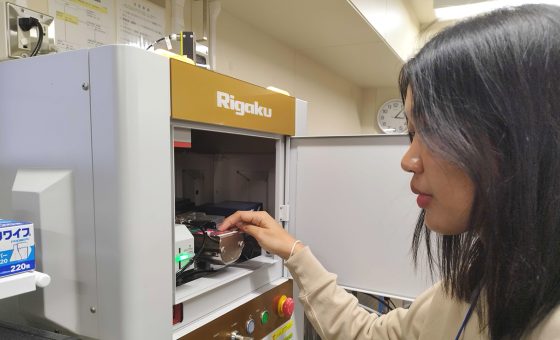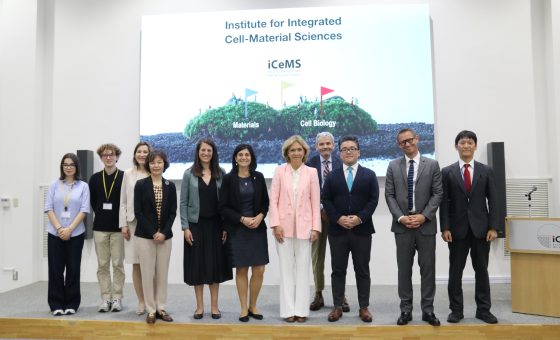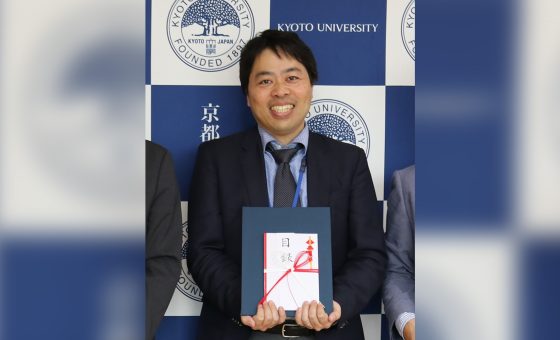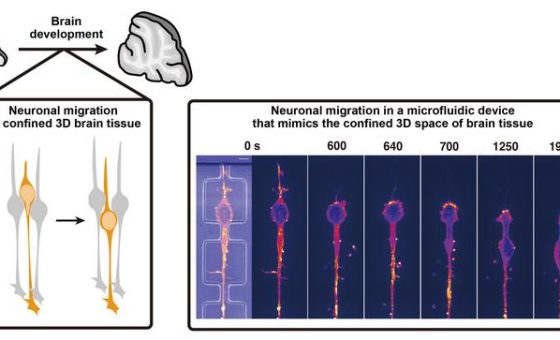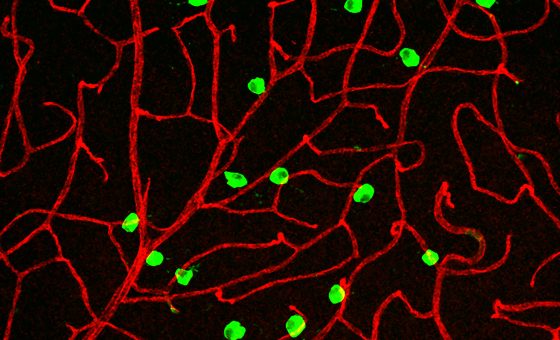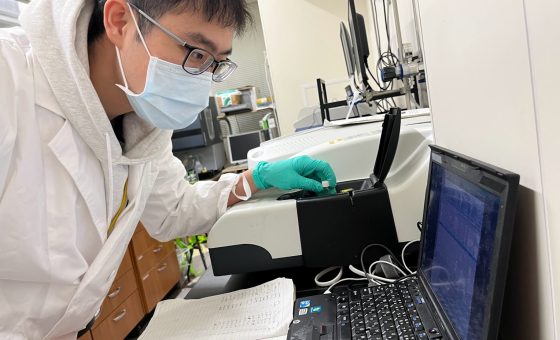iCeMS Crossing Nine – ABCs, PCPs, QNM, and Body-on-a-chip
On January 21, iCeMS returned to the online format for its retreat series. Alongside introductions to the Kitagawa, Kamei, and Ueda groups, was a special guest presentation from Dr Dino DiCarlo, Director of the Microfluidic Biotechnology Lab at UCLA. Di Carlo and iCeMS Prof Fuyuhiko Tamanoi presented the Quantum Nano Medicine Research Center (QNM), an on-site laboratory established between iCeMS and UCLA.
“The QNM focuses on the convergences of physics nano materials and medicine and aims to develop a new academic discipline,” said Tamanoi. Established in 2019, the QNM has already held several symposiums and in 2021, its efforts led to the signing of an MoU between Kyoto University and UCLA which will allow for an even broader range of connections between the two campuses. The three main areas the QNM focuses on are cancer research, covid biology, and bioengineering.
Di Carlo presented a talk on the future of engineering and medicine and discussed how they will present new solutions for humanity. He presented many exciting ideas and technologies under the four themes of automating discovery, quantifying self (creating a quantitative health timeline for individuals), bio-hybrid systems and democratizing access.
Dr Nathan Flanders presented the Kitagawa Group. The group’s focus is materials interface science using porous materials also known as porous coordination polymers (PCPs) or metal organic frameworks (MOFs). The group is currently exploring the fourth generation of PCPs, Non-equilibrium systems. Recent research includes carbon dioxide capture and fixation, efficient separation of gases and safe transport of explosive gases.
Prof Ken-ichiro Kamei presented for the Kamei Group. They focus on microfluidic devices called “Body-on-a-chip” technology, which aims to reproduce complicated living systems of humans and animals. Their aim is to understand biological systems and contribute to drug development and regenerative medicine. The “keen to collaborate” group produced an introductory film with members showing off the lab equipment and how it is used.
Prof Kazumitsu Ueda introduced his group whose four members do their work under the Graduate School of Agriculture. The group studies ABC proteins which are responsible for actively transporting substrates across cell membranes. The members presented their hobbies, their research around the transport of cholesterol, and introduced medaka, a Japanese fish often used research.
Next month’s Crossing will be the final gathering for the year. It will include introductions to the Research Administrative Division, Horike, Packwood, and Sugimoto Groups, and a recap of the year’s highlights. It will be held February 18.
